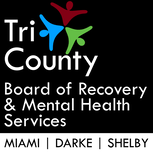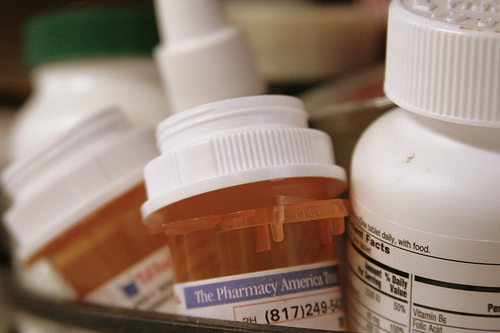Prescription Drug Abuse
A message for parents:
|
Prescription medications are powerful tools against acute illness and chronic conditions. But when those same medications are used by someone other than for whom they were prescribed, for uses other than what was intended, and in excessive quantities and combinations with other substances, they can be dangerous, addictive and even deadly.
"Generation Rx" is a term often used for those who think there must be a pill for every ill. However, many of those substances, particularly those prescribed for pain control, are derived from or synthesize opiates - essentially acting on the brain in the same way that heroin does. That can lead to addiction that is very difficult to break. Easy access to prescription medications - they are in our homes, often unlocked, even left out in the open - makes them powerful temptations for young people and others prone to abusing these drugs. A few simple steps can help prevent your prescription drugs from getting loose in our schools and in our streets. First, use prescription medications only for the use and for the person prescribed. Second, secure your prescription medications - especially opioid pain control medications - in a locked cabinet out of view of visitors. Third, take advantage of "pill drops" for any leftover medications, such as when a family member passes away. Many communities maintain pill dropoff boxes for the safe disposal of unused medications. See our list of locations Fourth, talk to your kids and get involved in the community. Check out Ohio Governor John Kasich and First Lady Karen Kasich's Start Talking! campaign, and encourage your school or community group to schedule a Start Talking! session. The Tri-County Board can organize and bring a panel of local experts to answer your questions about prescription drug abuse by our young people, and how you as parents can help prevent it. Email Brad Reed, Director of Community Resource Development, for more information. |
24-Hour Crisis Hotline 800.351.7347
If you or someone you know is in crisis and needs help,
call the Tri-County CRISIS Hotline 800.351.7347 The 24-Hour Crisis Hotline serves residents of Miami, Darke, and Shelby counties in Ohio. In crisis but can't talk? Crisis Text Line Text 4Hope to 741741 Suicide and Crisis Lifeline Call or Text 988, chat at 988lifeline.org |

Tri-County Board of Recovery & Mental Health Services
1280 N. County Road 25A, Suite #1 Troy, OH 45373 937.335.7727 | FAX 937.335.8816 Email us at [email protected] M-F 8:00AM - 4:30PM. Closed federal holidays. Services provided are funded in whole or in part by your continued support of the Tri-County Mental Health Levy.
The Tri-County Board of Recovery and Mental Health Services is an Equal Opportunity Employer |

